How To Use Metal Detectors Beginner?
Metal detecting is an exciting hobby that combines the excitement of treasure hunting with the joy of discovering pieces of history hidden beneath the ground. For beginners, though, the journey can be daunting given the plethora of metal detectors available and the techniques required to use them effectively. This comprehensive guide aims to help beginners understand how to use metal detectors, what equipment to choose, and strategies to ensure a successful and enjoyable metal detecting adventure.
Understanding Metal Detectors
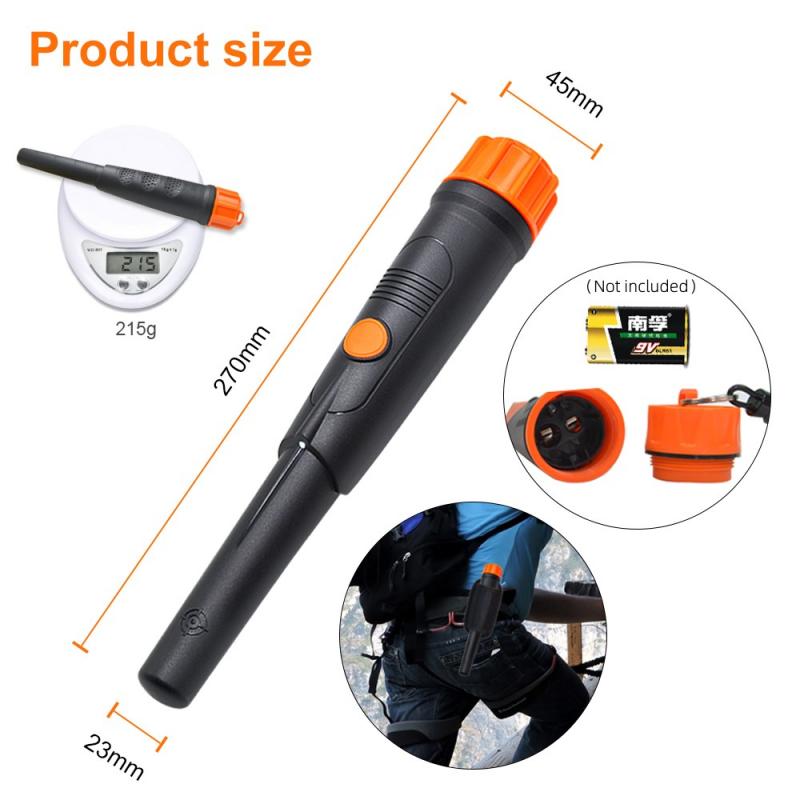
Before diving into the field, it's essential first to understand how metal detectors work. Metal detectors use electromagnetic fields to detect metallic objects underground. When passed over a metal object, the detector emits an audible signal, indicating the presence and approximate depth of the object.
Choosing Your First Metal Detector
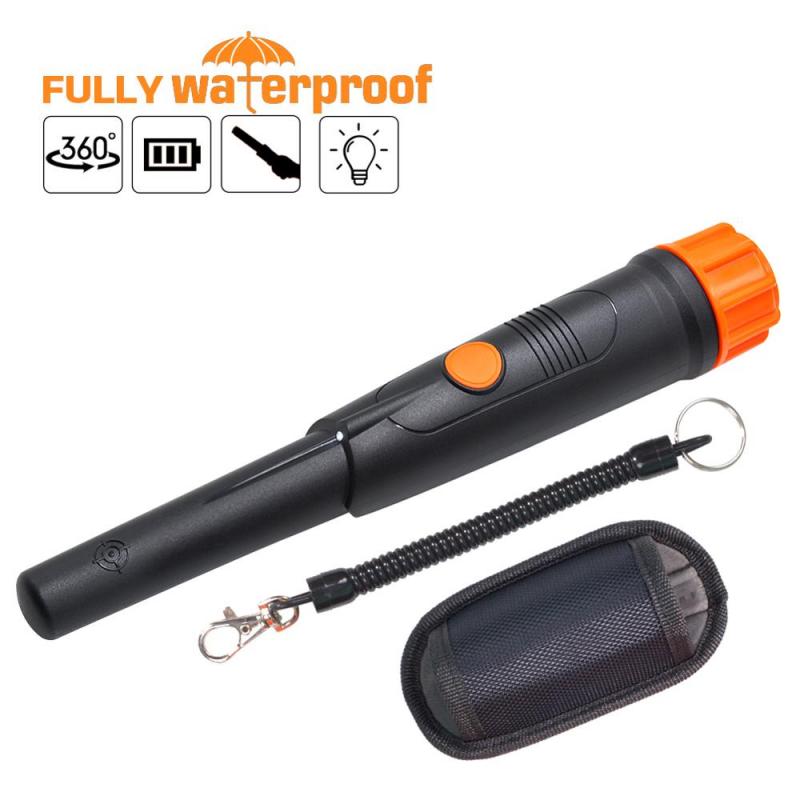
The market is flooded with various models of metal detectors, each with different features and varying in price. As a beginner, finding the right one can be challenging. Here’s what to consider:
1. Ease of Use: For a beginner, choosing a metal detector that is straightforward and user-friendly is key. A machine with simple controls and a clear display will help you get started more easily.
2. Price: You don’t need to invest a fortune in your first metal detector. Affordable models often come with enough features to get you started.
3. Features: Look for essential features such as discrimination (which helps in distinguishing different types of metals), sensitivity adjustment (for different ground conditions), and ground balance (to cope with mineralization in the soil).
Brands like Garrett, Fisher, and Bounty Hunter offer reliable entry-level models that provide a good range of features suitable for beginners.
Getting Started: Basic Techniques

Once you have your metal detector, it's time to hit the field. Here are some basic techniques to get you started:
1. Assembly and Setup: Read the manufacturer’s manual to understand how to assemble and set up your metal detector. Ensure you have correctly assembled the coil and that the batteries are fully charged.
2. Ground Balancing: Ground balancing is essential to filter out mineral noises from the soil. Begin your session by performing ground balancing based on your detector’s instructions.
3. Swing Technique: The sweeping motion is crucial. Hold the detector’s coil about 1-2 inches above the ground, parallel to the surface, and sweep it side-to-side in a slow, consistent arc. Overlap each sweep by about 50% to ensure you don’t miss any spots.
4. Listening Carefully: Pay attention to the sounds emitted by your detector. Different tones often indicate different metals. Learn to distinguish between these tones to save time and effort.
5. Target Recovery: When you get a signal, pinpoint the exact location using your detector’s pinpoint mode or a handheld pinpointer. Dig a small, neat hole to retrieve the target, ensuring you minimize any damage to the surrounding area.
Understanding and Using Discrimination
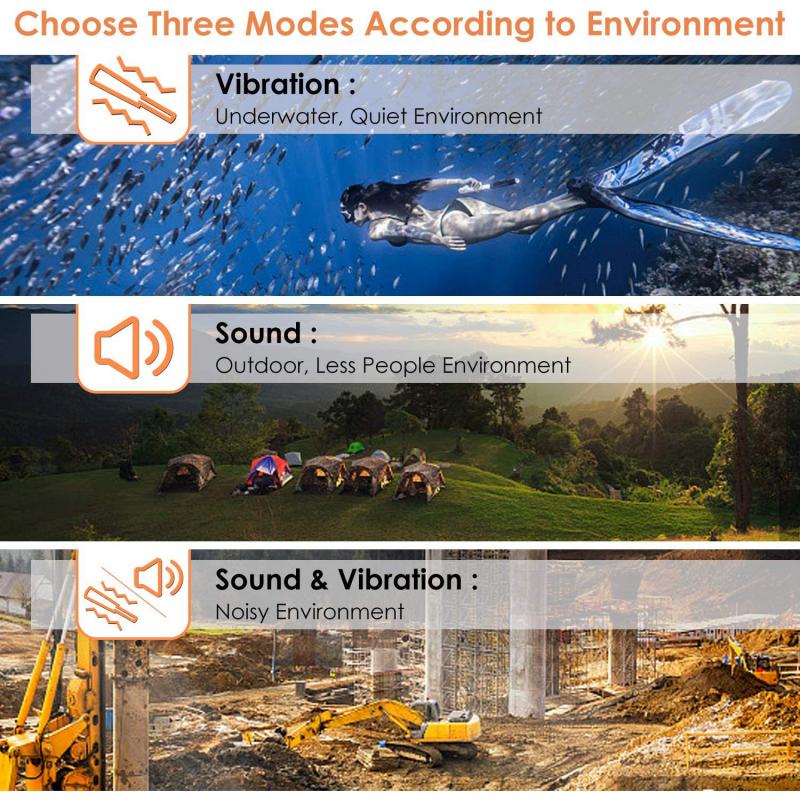
Discrimination allows your metal detector to differentiate between various types of metals. This feature is particularly useful in reducing time spent on junk targets, such as nails or pull tabs. Most detectors allow you to set discrimination levels where you can either accept or reject specific metals.
1. Basic Discrimination: Set your detector to ignore lower-value metals, which are often junk. This can include iron or aluminum.
2. Notching: Some advanced detectors come with a notching function, enabling you to accept or reject a specific range of metals. This precise control can be beneficial once you have some experience and understand the types of targets in your area.
Choosing Locations
Your success in metal detecting largely depends on where you choose to hunt. Here are some recommended spots for beginners:
1. Local Parks and Playgrounds: These areas are easily accessible and often hold a variety of lost items, such as coins and jewelry. Always check local regulations to ensure that metal detecting is permitted.
2. Beaches: Beaches are excellent locations due to the high foot traffic and tendency for people to lose items in the sand. Aim for areas where people congregate, such as near lifeguard towers, picnic spots, and pathways.
3. Historical Sites: Areas with significant historical activity often have hidden treasures buried underneath. Ensure you seek proper permissions and observe any legal constraints related to these sites.
4. Old Homesteads and Ghost Towns: These areas can be a goldmine for artifacts from the past. Again, make sure you have permission to search these private properties.
Maintenance and Best Practices
Proper maintenance of your metal detector ensures it works efficiently and lasts longer.
1. Regular Cleaning: After each session, clean the coil and control box with a damp cloth. Make sure to remove any dirt and sand from the coil cover as it can affect its performance.
2. Storing Properly: Store your detector in a cool, dry place. Detach the batteries if you’re not using the detector for an extended period to prevent corrosion.
3. Inspection and Updates: Regularly check for wear and tear, especially on the coil and cable. Ensure that any software updates from the manufacturer are installed promptly.
Legal Considerations and Ethics
Metal detecting comes with responsibilities. Here are some key ethical and legal points to remember:
1. Permits and Permissions: Always check whether you need a permit for metal detecting in any given area. Seek permissions from property owners when on private land.
2. Respect Nature and Property: Leave no trace. Refilling holes and removing any trash you find helps maintain the locations for others.
3. Respect Historical Items: If you find historically significant items, report them to local authorities or archaeological societies. These artifacts can be crucial in understanding historical contexts.
Joining the Metal Detecting Community
Metal detecting is more enjoyable when shared with others. Joining a local metal detecting club or online community can provide:
1. Support and Learning: Experienced detectorists can offer tips and advice to help you improve your skills.
2. Events and Competitions: Participating in organized hunts and competitions can be fun and rewarding.
3. Sharing Discoveries: Share your findings and learn from others' discoveries to stay motivated and continually improve.
Metal detecting is a rewarding hobby that opens up a world of adventure and discovery. By choosing the right equipment, mastering basic techniques, practicing responsible habits, and engaging with the community, beginners can quickly become proficient and enjoy all that metal detecting has to offer. So, grab your metal detector, head out into the field, and start unearthing the hidden treasures that await just below the surface!


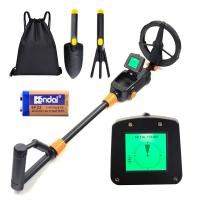
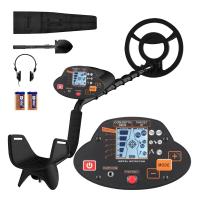
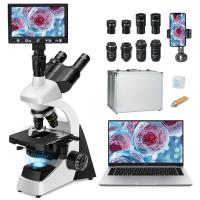
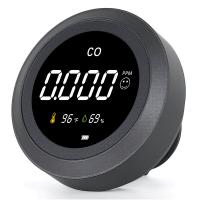
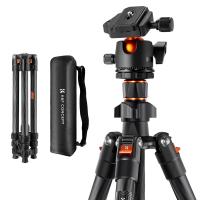
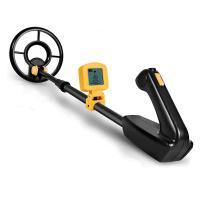
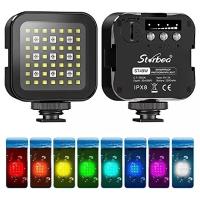
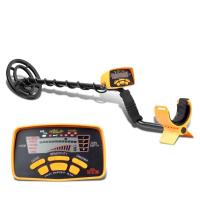
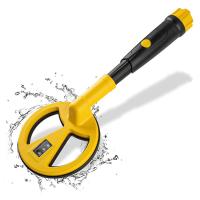
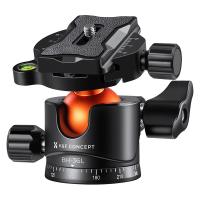
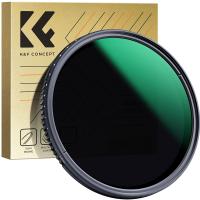


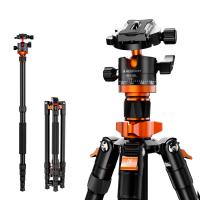
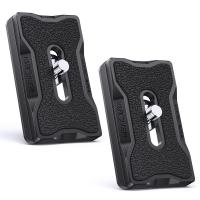

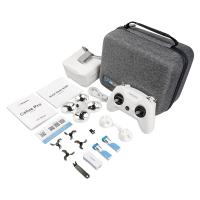
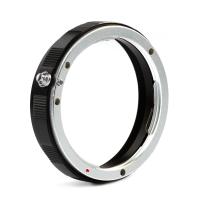
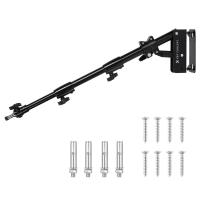
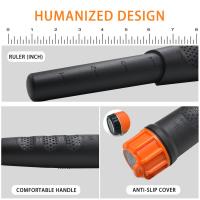
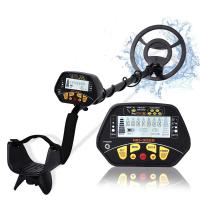
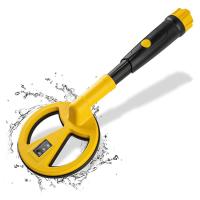
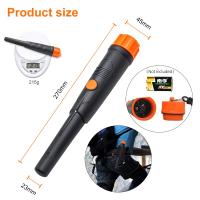
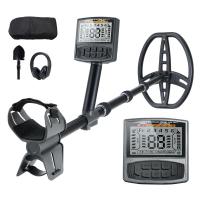
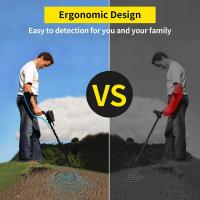
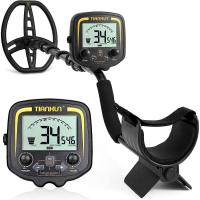
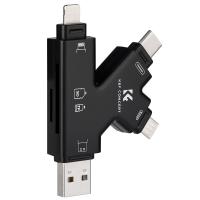
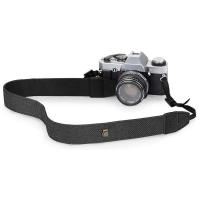
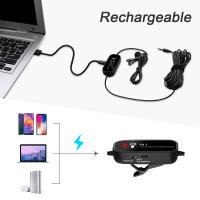
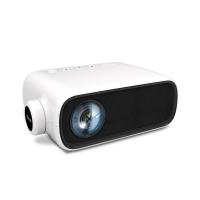
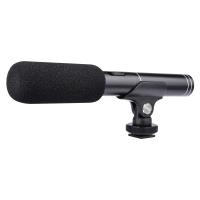



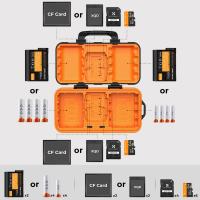
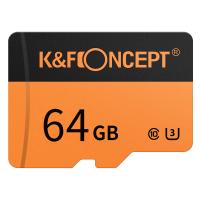
There are no comments for this blog.